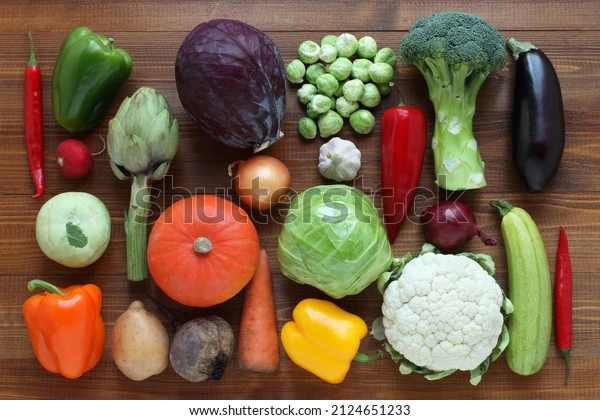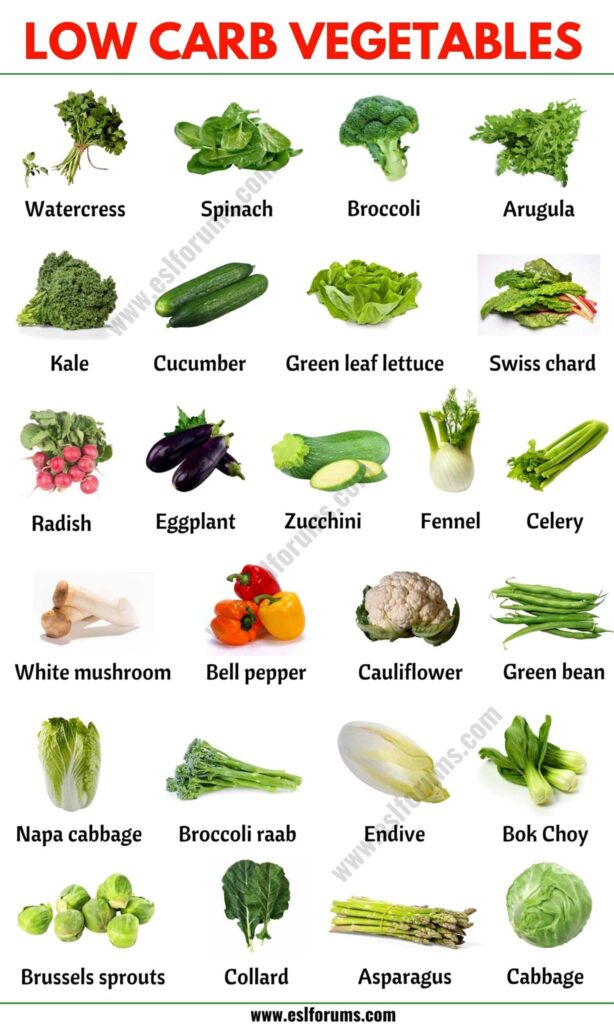Veggies That Supercharge Your Health
Intro
Eating veggies is a well-known healthy behavior, but with so many options available, it can be difficult to know which ones are best for you. This post will introduce you to six of the best veggies to include in your daily diet for optimal health. You’ll probably discover new vegetables to add to your grocery list, ranging from old favorites like broccoli to lesser-known selections like Brussels sprouts.
Broccoli:
Broccoli stands as an excellent source of essential vitamins C and K, alongside dietary fiber. It also contains sulforaphane, a compound associated with cancer prevention. Whether cooked or eaten raw, broccoli’s versatility makes it a valuable addition to any diet.
Cabbage:
Cabbage, a leafy green belonging to the cruciferous family, offers vitamins C and K, as well as folate, manganese, fiber, and other vital minerals. Studies suggest that cabbage may protect against heart disease, reduce inflammation, and enhance cognitive function. Additionally, it’s a low-calorie, weight-friendly option.
Radish:
Low in calories and fat, radishes are high in fiber and provide vitamins C, B6, magnesium, potassium, and iron. They are rich in antioxidants that safeguard your cells and aid in reducing inflammation. Radishes also function as a diuretic, assisting in toxin removal from your body.
Carrots:
Carrots are a rich source of vitamins and minerals, including Vitamin A, Vitamin C, potassium, and fiber. They contain antioxidants for protecting the body and can be consumed raw, cooked, or juiced. Regular consumption of carrots can improve eye and skin health, bolster the immune system, and reduce the risk of various diseases.
Brussels Sprouts:
Brussels sprouts, often overlooked, are a nutritional powerhouse. They provide vitamins C and K, folic acid, fiber, and antioxidants to protect your cells. Daily consumption can boost your immune system and enhance digestion, thanks to their nutrient-rich composition.
Kale:
Kale is a nutrient-dense leafy green offering vitamins A, C, and K, as well as magnesium, potassium, calcium, fiber, and antioxidants. It supports eye health, bolsters the immune system, reduces stress levels, regulates blood pressure, and strengthens bones. Kale’s versatility allows it to be enjoyed raw in salads or cooked in various dishes.
Conclusion
we all recognize the importance of consuming vegetables, but finding the right balance is key. Moderation is essential because excessive vegetable consumption can have adverse effects. The key is to diversify your vegetable choices, focusing on those that offer specific health benefits. Dark leafy greens are a smart choice, but don’t overlook the unique advantages of other vegetables like carrots, tomatoes, and peppers. So, embrace your veggies, but remember that moderation is the key to reaping their full benefits.
FAQ:
1. How much vegetable is healthy per serving?
The ideal serving of vegetables can vary, with some experts recommending at least half a cup per person, while others suggest up to two cups. It’s important to focus on variety and ensure you consume different types of vegetables to obtain a wide range of nutrients.
2. Do I need to avoid certain kinds of vegetables?
No, there’s no need to avoid any specific type of vegetables. All vegetables have health benefits. However, some are more nutrient-dense than others. Leafy greens, for example, are highly nutritious and low in calories and fat, making them an excellent choice for improved health.
3. How many different kinds of vegetables should I eat?
There’s no fixed number of vegetable types you should eat. The variety of vegetables you consume depends on your preferences and nutritional requirements. It’s best to experiment with different options and find what works best for your individual needs. Listen to your body and adapt your vegetable choices accordingly.

